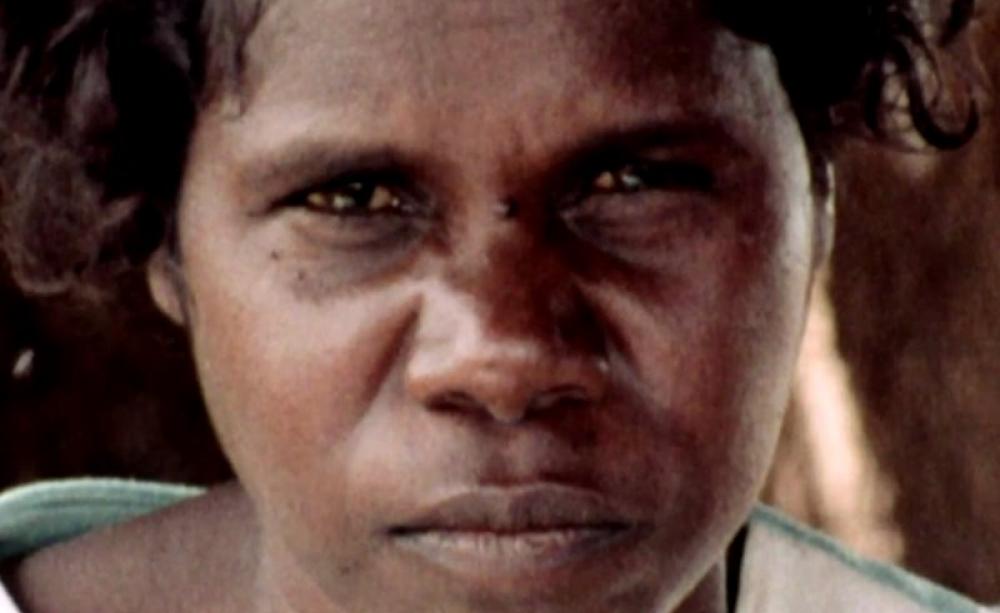In his latest column for the New Statesman, John Pilger describes the latest phase of East Timor’s struggle for independence, which, in the 1990s, he went undercover to report. One of the world’s newest and poorest states now faces the overweening power of its vast neighour, Australia. Once again, the prize is oil and gas.
In my 1994 film Death of a Nation there is a scene on board an aircraft flying between northern Australia and the island of Timor. A party is in progress; two men in suits are toasting each other in champagne. “This is an historically unique moment,” effuses Gareth Evans, Australia’s foreign affairs minister, “that is truly uniquely historical.” He and his Indonesian counterpart, Ali Alatas, were celebrating the signing of the Timor Gap Treaty, which would allow Australia to exploit the oil and gas reserves in the seabed off East Timor. The ultimate prize, as Evans put it, was “zillions” of dollars.
Australia’s collusion, wrote Professor Roger Clark, a world authority on the law of the sea, “is like acquiring stuff from a thief . . . the fact is that they have neither historical, nor legal, nor moral claim to East Timor and its resources”. Beneath them lay a tiny nation then suffering one of the most brutal occupations of the 20th century. Enforced starvation and murder had extinguished a quarter of the population: 180,000 people. Proportionally, this was a carnage greater than that in Cambodia under Pol Pot. The United Nations Truth Commission, which has examined more than 1,000 official documents, reported in January that western governments shared responsibility for the genocide; for its part, Australia trained Indonesia’s Gestapo, known as Kopassus, and its politicians and leading journalists disported themselves before the dictator Su-harto, described by the CIA as a mass murderer.
These days Australia likes to present itself as a helpful, generous neighbour of East Timor, after public opinion forced the government of John Howard to lead a UN peacekeeping force six years ago. East Timor is now an independent state, thanks to the courage of its people and a tenacious resistance led by the liberation movement Fretilin, which in 2001 swept to political power in the first democratic elections. In regional elections last year, 80 per cent of votes went to Fretilin, led by Prime Minister Mari Alkatiri, a convinced “economic nationalist”, who opposes privatisation and interference by the World Bank. A secular Muslim in a largely Roman Catholic country, he is, above all, an anti-imperialist who has stood up to the bullying demands of the Howard government for an undue share of the oil and gas spoils of the Timor Gap.
On 28 April last, a section of the East Timorese army mutinied, ostensibly over pay. An eyewitness, Australian radio reporter Maryann Keady, disclosed that American and Australian officials were involved. On 7 May, Alkatiri described the riots as an attempted coup and said that “foreigners and outsiders” were trying to divide the nation. A leaked Australian Defence Force document has since revealed that Australia’s “first objective” in East Timor is to “seek access” for the Australian military so that it can exercise “influence over East Timor’s decision-making”. A Bushite “neo-con” could not have put it better.
The opportunity for “influence” arose on 31 May, when the Howard government accepted an “invitation” by the East Timorese president, Xanana Gusmão, and foreign minister, José Ramos Horta – who oppose Alkatiri’s nationalism – to send troops to Dili, the capital. This was accompanied by “our boys to the rescue” reporting in the Australian press, together with a smear campaign against Alkatiri as a “corrupt dictator”. Paul Kelly, a former editor-in-chief of Rupert Murdoch’s Australian, wrote: “This is a highly political intervention . . . Australia is operating as a regional power or a political hegemon that shapes security and political outcomes.” Translation: Australia, like its mentor in Washington, has a divine right to change another country’s government. Don Watson, a speechwriter for the former prime minister Paul Keating, the most notorious Suharto apologist, wrote, incredibly: “Life under a murderous occupation might be better than life in a failed state . . .”
Arriving with a force of 2,000, an Australian brigadier flew by helicopter straight to the headquarters of the rebel leader, Major Alfredo Reinado – not to arrest him for attempting to overthrow a democratically elected prime minister but to greet him warmly. Like other rebels, Reinado had been trained in Canberra.
John Howard is said to be pleased with his title of George W Bush’s “deputy sheriff” in the South Pacific. He recently sent troops to a rebellion in the Solomon Islands, and imperial opportunities beckon in Papua New Guinea, Vanuatu and other small island nations. The sheriff will approve.



